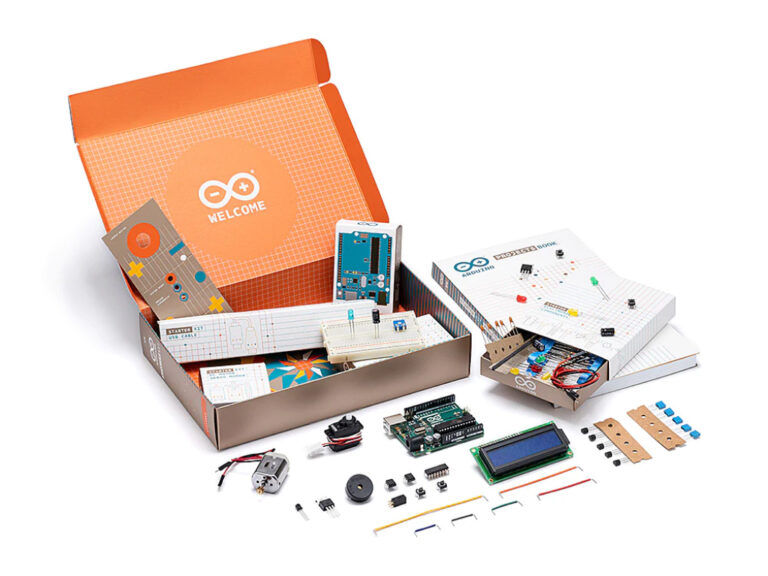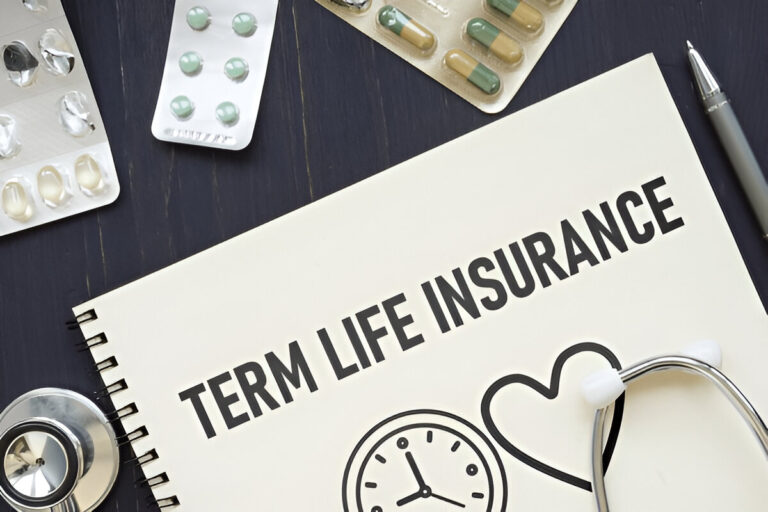Recovery from addiction isn’t just about abstaining from substances—it’s about rebuilding a life grounded in connection, purpose, and community. And while therapy, support groups, and treatment programs all play a vital role, one powerful aspect of recovery is often underestimated: peer connections made at recovery events.
Whether it’s a sober social gathering, a weekend retreat, or a community-run support rally, the relationships built during these events can be life-changing. They don’t just fill a social void—they help cement the emotional foundation that long-term sobriety requires.
More Than Small Talk: What Peer Connection Really Means
Peer connection in the context of recovery isn’t about casual conversation—it’s about:
- Being seen and understood without judgment
- Sharing lived experiences that resonate deeply
- Forming bonds rooted in mutual resilience
- Creating a support network you can lean on during hard times
Unlike clinical relationships, peer-to-peer connections thrive on shared vulnerability and authenticity. You’re not being lectured—you’re being listened to by someone who’s walked a similar path.
Why These Connections Matter So Much in Recovery?
1. They Break the Isolation That Fuels Addiction
Addiction thrives in isolation. Shame, guilt, and social disconnection often make people retreat further into their substance use.
Recovery events, especially those focused on peer engagement, create a space where attendees feel less alone. For many, it’s the first time they feel like they belong somewhere.
“At my first sober event, someone looked me in the eye and said, ‘I get it.’ I hadn’t heard those words in years.”
— Jordan, 9 months sober
2. They Normalize the Struggles of Sobriety
Early recovery can feel chaotic and confusing. Hearing others talk about cravings, setbacks, or rebuilding trust helps attendees realize they’re not failing—they’re just human.
This normalization of struggle removes the “I’m broken” narrative and replaces it with, “We’re in this together.”
3. They Build Confidence Through Shared Success
Seeing others thrive in sobriety is inspiring. It’s living proof that recovery is possible. At events, newcomers rub shoulders with people who’ve been sober for years—and those connections often become mentors, sponsors, or lifelong friends.
4. They Provide Real-Time Emotional Support
When a relapse risk hits or a tough day derails motivation, having peers just a text away can make all the difference. Many of these relationships start at events where emotional openness is encouraged and celebrated.
These aren’t fair-weather friendships. These are people who’ll sit with you in the dark until you find the light again.
5. They Encourage Accountability in a Healthy Way
Friendships built in recovery often come with natural accountability—not pressure, but presence. You’re more likely to attend that next meeting, stay sober through a difficult weekend, or keep working on your goals when you know someone else is rooting for you.
What Recovery Events Offer That Meetings Alone May Not?
While traditional recovery meetings like AA, NA, or SMART Recovery are essential, events provide a different type of connection:
- Social experiences that show sobriety can be joyful and fun
- Workshops and activities that foster collaboration and sharing
- Free-form time to bond without structured rules
- Diverse attendance, exposing people to new recovery perspectives
Whether it’s a sober barbecue, a hiking retreat, or a national recovery rally, these events foster a sense of recovery as lifestyle, not just routine.
Building Peer Connection at Your Next Recovery Event
Here’s how attendees (and organizers) can make the most of peer connections at events:
- Be open – Vulnerability invites connection. Share your story, even if it’s just a piece.
- Listen actively – Sometimes people don’t need advice—they need to be heard.
- Exchange contact info – Don’t let a meaningful chat end when the event does.
- Follow up – A simple message a few days later can deepen the bond.
- Stay involved – Join group chats, attend future events, or host your own.
Final Thoughts: Real Healing Happens Together
In recovery, the people we walk with often matter more than the path itself. Peer connections formed at recovery events aren’t just a “nice bonus”—they’re a critical pillar of healing.
They teach us how to trust again. How to show up for others. How to laugh, cry, and grow without needing substances to cope. And perhaps most importantly, they remind us that we’re not fighting this battle alone.
Because when you feel truly connected, the weight of recovery gets a little lighter—and the journey becomes something worth sharing.






